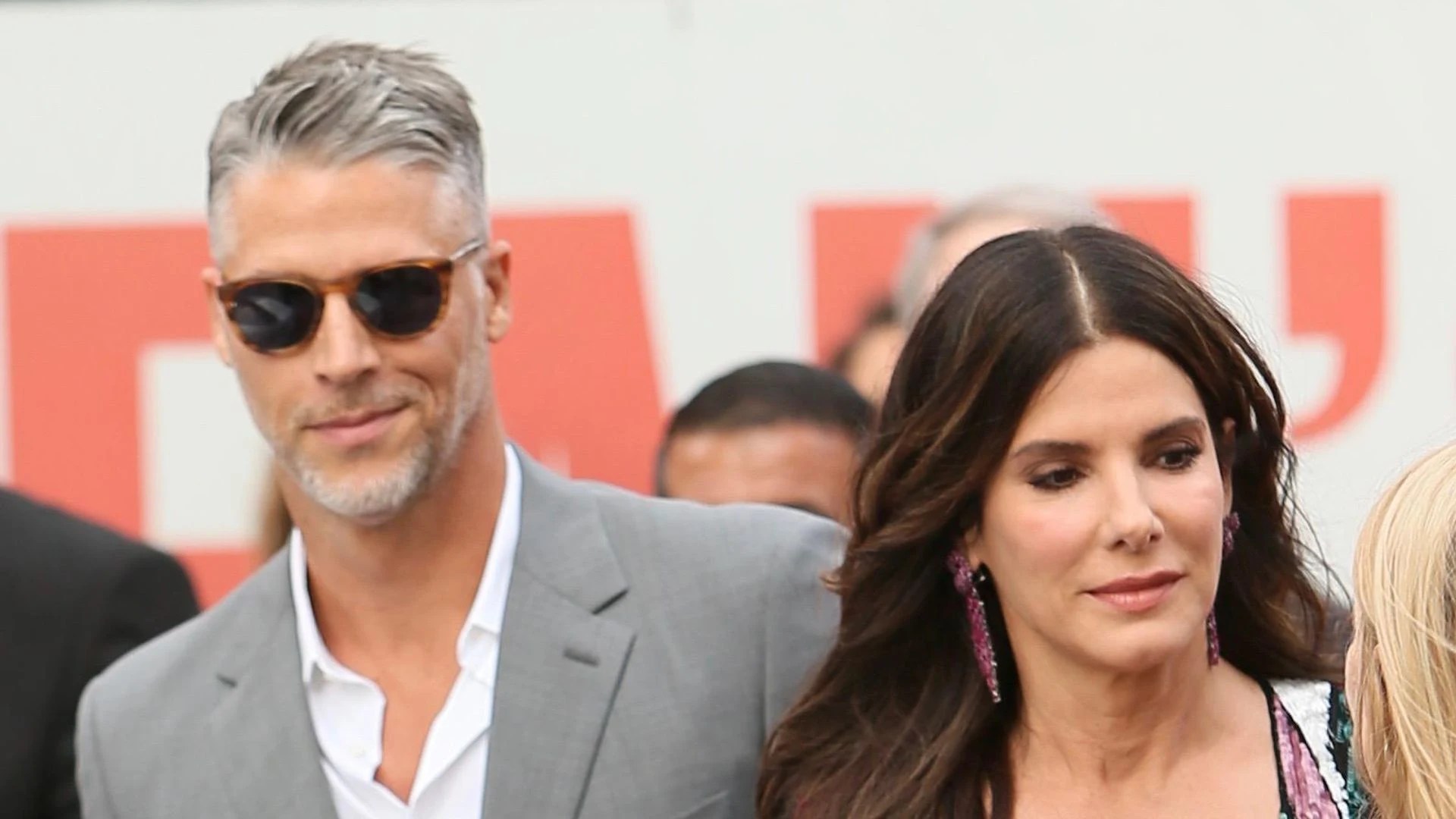Sandra Bullock is an iconic figure in Hollywood, known for her impressive acting skills and a string of blockbuster hits. However, recent discussions have emerged surrounding her name, particularly the phrase “Sandra Bullock a male.” This article aims to explore the origins of this misconception, the context behind it, and the implications it has on gender identity and representation in media.
The entertainment industry has often been a battleground for gender discussions, with prominent figures like Sandra Bullock at the forefront. Understanding why such a phrase might arise requires delving into societal perceptions, media portrayals, and the complexities of gender identity. This analysis will not only clarify the confusion surrounding Sandra Bullock but will also provide insights into broader societal themes.
As we navigate this topic, it's essential to approach it with sensitivity and a commitment to factual representation. In this article, we will unpack the myth, explore Sandra Bullock's career, and discuss the importance of accurate gender representation in Hollywood.
Table of Contents
- Sandra Bullock's Biography
- The Origin of the Misconception
- Sandra Bullock in Film
- Gender Representation in Hollywood
- The Importance of Identity
- Public Reaction
- The Role of Media
- Conclusion
Sandra Bullock's Biography
| Name | Sandra Annette Bullock |
|---|---|
| Date of Birth | July 26, 1964 |
| Place of Birth | Arlington, Virginia, USA |
| Profession | Actress, Producer |
| Notable Works | Speed, The Proposal, Gravity, The Blind Side |
| Awards | Academy Award, Golden Globe Awards, Screen Actors Guild Awards |
The Origin of the Misconception
The phrase “Sandra Bullock a male” emerged from a series of misunderstandings and misinterpretations surrounding gender identity and representation. One contributing factor could be the portrayal of unconventional male characters in certain films, leading to a mistaken association with her personal identity.
Additionally, the rise of online discussions and social media has amplified misconceptions as memes and jokes can easily spread without context. This phenomenon highlights the importance of verifying information before accepting it as truth.
Media’s Role in Shaping Perceptions
Media plays a significant role in shaping public perceptions of gender. Sandra Bullock’s versatility as an actress often leads her to portray strong, independent characters, which some may mistakenly associate with non-feminine traits.
Sandra Bullock in Film
Sandra Bullock has enjoyed a prolific career in Hollywood, starring in a diverse range of films that showcase her talent and adaptability. From romantic comedies to serious dramas, Bullock has proven that she can tackle any role with finesse.
Notable Roles and Their Impact
- Speed (1994): Bullock gained widespread recognition for her role as Annie Porter, a character who defies traditional gender roles.
- The Blind Side (2009): Her portrayal of Leigh Anne Tuohy won her an Academy Award and highlighted themes of compassion and strength.
- Gravity (2013): Bullock’s role as Dr. Ryan Stone showcased her ability to carry a film, proving that female leads can thrive in action-packed narratives.
Gender Representation in Hollywood
The representation of women in Hollywood has evolved over the years, but challenges remain. Female characters are often pigeonholed into specific roles, leading to misconceptions about their identities.
Understanding how gender representation affects public perception is crucial. Bullock’s diverse roles challenge traditional stereotypes and encourage a more nuanced understanding of gender in film.
The Importance of Identity
Identity is a complex and multifaceted concept that goes beyond mere labels. In the case of Sandra Bullock, the confusion surrounding her identity underscores the need for greater awareness and sensitivity in discussions about gender.
Recognizing and respecting individual identities is essential in fostering a more inclusive society. The entertainment industry can play a pivotal role in driving this change by promoting authentic representations of diverse identities.
Public Reaction
The public reaction to the misconception of “Sandra Bullock a male” has been mixed, with some finding humor in the misunderstanding while others express concern over its implications on gender identity.
This dichotomy highlights the ongoing struggle for accurate representation and understanding in a rapidly changing society. Conversations surrounding this topic are essential for promoting awareness and fostering inclusivity.
The Role of Media
Media plays a crucial role in shaping societal norms and perceptions. It can either reinforce stereotypes or challenge them. In the case of Sandra Bullock, her portrayal of strong female characters contributes to breaking down traditional gender roles, but it also invites scrutiny and misunderstanding.
It is vital for media outlets to approach discussions of gender with care, ensuring that they promote accurate representations and avoid perpetuating harmful myths.
Conclusion
In summary, the phrase “Sandra Bullock a male” serves as a reminder of the complexities surrounding gender identity and representation in the entertainment industry. Sandra Bullock continues to be a powerful figure whose work not only entertains but also challenges societal norms.
We encourage readers to engage in discussions about identity and representation, as these conversations are crucial for fostering understanding and inclusivity. Share your thoughts in the comments below or explore more articles on our site for further insights.
Final Thoughts
Thank you for joining us on this exploration of Sandra Bullock and the misconceptions surrounding her identity. We hope this article has provided clarity and prompted thoughtful discussions. Please visit us again for more engaging content.


